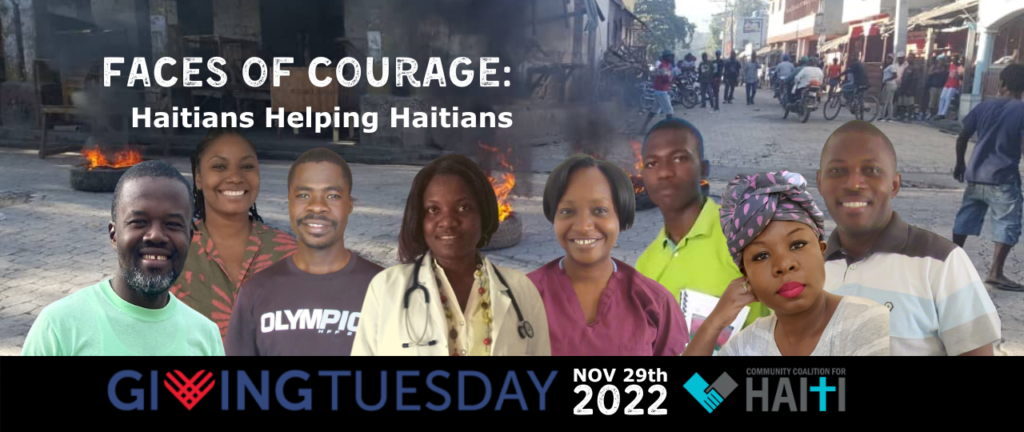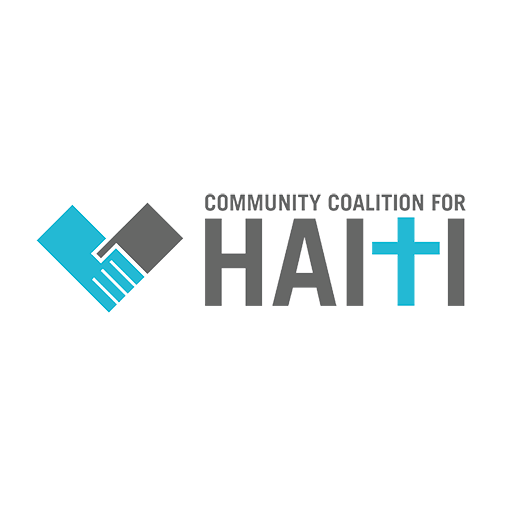As 2022 winds to a close, we are reflecting back on the past year with a story series we’re calling “Faces of Courage.” Our Haitian staff are on the front lines right now, facing enormous challenges to provide compassionate healthcare, education, and community support. The truth is, there is no one thing that makes things really difficult. As Dave Pierre, CCH In-Country Director, always says, Haiti is complicated:
- Last year’s presidential assassination led to an ineffective, de facto government that is basically non-functional. There is no Senate for checks and balances, there have been no elections and vacant seats dominate governance structures at every level. Repeated calls for the resignation of Acting Prime Minister Ariel Henry echo through the streets of Haiti, but there is no sign of transition.
- Elections aren’t even feasible at this stage due to extreme insecurity. Violent gangs terrorize families, communities and the nation as a whole, paralyzing movement of people, goods and services. These gangs dominate entire geographic regions and have blockaded major resources like fuel depots. The Haiti National Police are mostly powerless against them; some even insist that gangs and national powers are aligned.
- The ripple effect of fuel shortages is significant. Businesses, utility companies, hospitals and now water purification plants are closed. They don’t have what they need to operate, and staff cannot travel to work. Medical professionals, in particular, have been targeted for kidnapping and execution.
- Haitians have taken to the streets, lifting their voices in anger and frustration. For some, they feel their voice is all that remains. Food and water are in short supply. Schools are closed. Banks are open only sporadically and are limiting cash disbursements. Safety and survival decisions are made daily.
- And now cholera has returned to Haiti, already sweeping through high density areas in the capital of Port Au Prince and killing people, including dozens of prisoners in the squalid National Penitentiary. It won’t be long before it reaches other areas, like ours. We’re already mobilizing cholera education and prevention and readying ourselves for when those patients start to present in Jacmel and surrounding communities. Lack of access to clean water will make this worse.
- Just last week there was a call for international armed military intervention, which set off a host of conflicting responses. Is this the answer? Many people are exclaiming, “No! We’ve seen this before, and it makes matters worse! Let Haitians decide!” Others ask, “What other option do we have? This is a war. It will not be swift, and it will be bloody, but we have run out of time.”
This is what our team in Haiti is living through right now. This is what our partner educators, patients, community leaders and pastors are navigating. It’s not just CCH navigating uncertainty and volatility. It’s not just CCH that is weary and frustrated. It’s everyone in Haiti. They continue to get up and persevere every single day, with the hope that tomorrow will be better.
Leon
This past summer Leon was at church enjoying the music and message. Suddenly, he felt terrible. Sweat started pouring down his face. His right arm started to cramp up. He made it through the service and then went home, hoping that a little rest would make him feel better.
That night Leon awoke in extreme pain. He was unable to move the right side of his body; his hand and leg felt heavy and dead. He remembers thinking to himself, “How will I walk again? How will I hold my grandchildren?” Leon knew he needed a miracle.
The next morning Leon’s family carried him to the CCH Clinic. Dr. Francois, CCH Primary Care Physician, attended to Leon and determined that he had suffered a stroke.
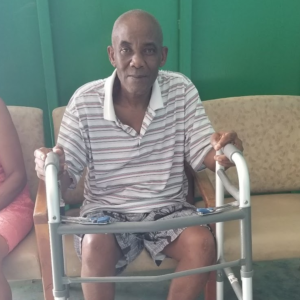
Leon is an active grandfather and community member. He also has uncontrolled diabetes and hypertension. He probably should have been on blood pressure medicine for years, but medications are expensive and scarce in Haiti. As typical for most Haitians, Leon only goes to the doctor when the pain becomes unbearable.
In Haiti affordable medicines are extremely difficult to obtain. Rising inflation, food/gas scarcity, gang violence, and hospital closures are compounding the ongoing healthcare crisis. More than 40% of Haitians lacked access to healthcare before this latest crisis paralyzed the country. That percentage is now surely higher due to recent events.
If not for your generous support, the CCH Primary Care Clinic and Physical Therapy-Rehab Center would not be open. Patients like Leon would not have access to life saving medical care and medicine. As the crisis in Haiti continues, the number of patients CCH is seeing has increased. The local public hospital is frequently closed due to gas and material shortages. New patients find us almost every day. For most, we are their only option.
Dr. Francois ordered a treatment plan for Leon that included intensive physical therapy and life-saving drugs. After 3 months of treatment, Leon reports that he is almost 100% back to his old self. He can walk without any extra support, he has no trouble sitting down or getting back up, and he can even ride a motorcycle taxi. Leon is confident that in a few months, he will be back to full mobility.
This year the CCH Clinics will serve more than 20,000 patients. Your previous donations made that possible – thank you! Will you help us do even more in the months and years to come? As we look to 2023, CCH wishes to expand clinical services to respond even better to healthcare needs in the communities we serve. We are also planning to scale up CCH teacher training efforts, maintain the school lunch program (food costs are 3-5 times what they were a year ago!) and strengthen school and community partnerships. The need is great, and CCH is in a position to meet those needs.
Nazaire
Nazaire Levielle is a devoted husband and father to three delightful children. He’s also CCH’s Community Development Liaison. Every day Nazaire encourages and collaborates with local leaders to promote Haitian-led solutions. Nationwide gas and food shortages have hit rural communities especially hard – and that’s where you will find Nazaire focusing his energy and time during the week.
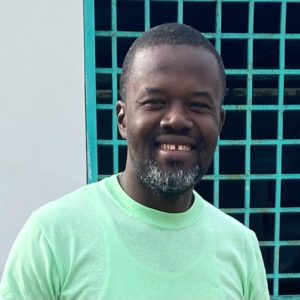
But this year his work has been made especially difficult due to increased protests and violence in Jacmel. The roads are often not safe to travel. On more then one occasion, he has been forced to take an alternative route.
One morning as Nazaire was coming to work, he turned down one street only to be met with a barricade of burning tires and protesters blocking his path. He surveyed his options and saw a way through the roadblock, but it would take him right past the protesters. Turning around and finding another route could take him hours – and would likely push him closer to where he knew other roadblocks were set up. Feeling like the current route was his best option, he started walking around the barricade, but he was stopped short. An angry young man, hefty rock in hand, approached Nazaire and asked him where he thought he was going…
The situation in Haiti this year has been maddening. There is no functional government. Gas, food and clean water are scarce. Kidnappings and persistent violence have people fearful to leave their homes. Inflation is rampant, and frustrated protests have paralyzed day to day life. Nevertheless, CCH’s mission and ministry, which is only made possible by you, has continued. Indeed, our programs are all the more important due to the current circumstances. Nazaire made it through the roadblock that day. He told the young man that he was going to work at CCH. You know, the place downtown where people can get healthcare, even if they cannot pay. The place that trains teachers and works with local communities to solve problems. A former CCH patient was in the group of protestors. He spoke up too, and the group let Nazaire pass.
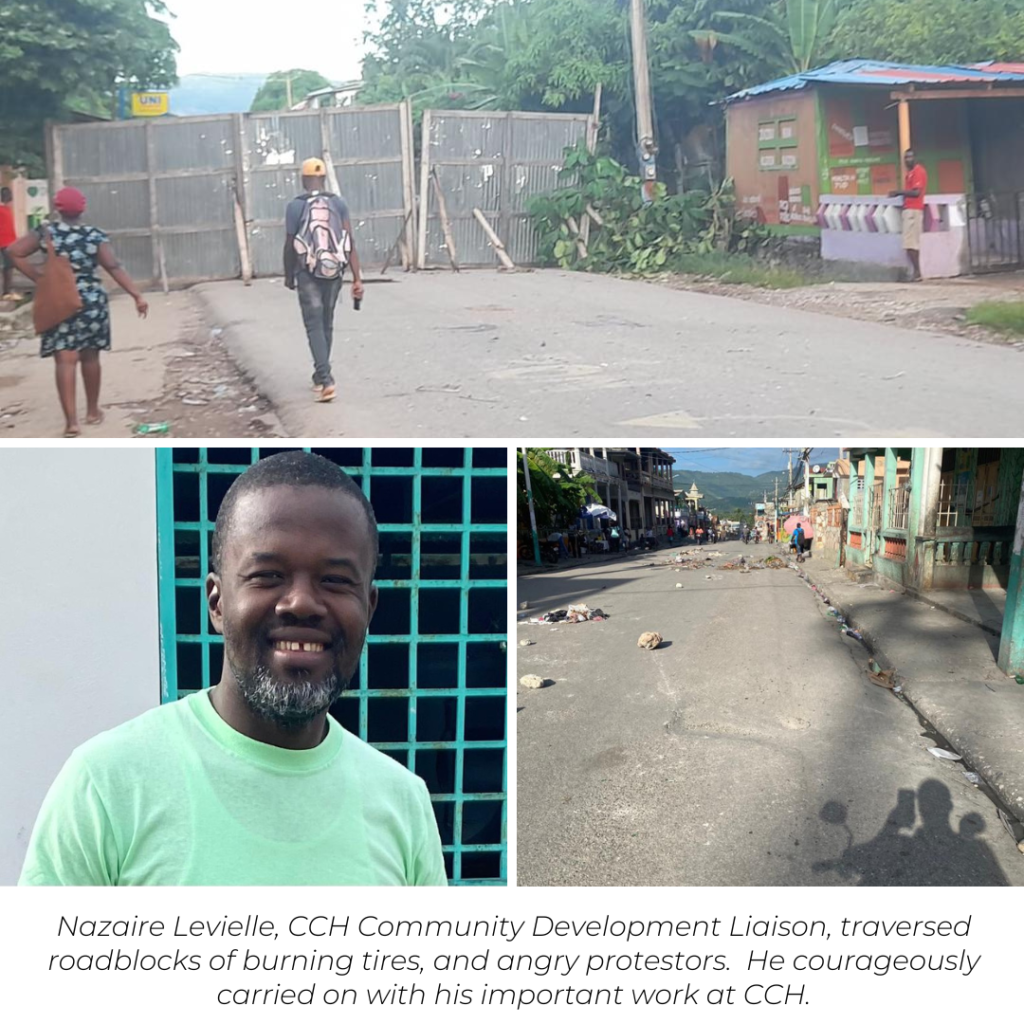
We asked Nazaire why he took the risk to get to work that day. His response was this: “I can’t sit at home and do nothing. There is work to be done if Haiti is to find peace and healing.” Nazaire is part of the solution in Haiti. By his courage and determination, he puts his conviction to the test – some days, that’s by simply coming to work.
“I can’t sit at home and do nothing. There is work to be done if Haiti is to find peace and healing.”
– Nazaire
Diedyson
Diedyson Fils is a thoughtful, energetic and super smart young man who loves music, books and football (not the American kind). He is young and single and only started his job as a CCH Education Liaison just over a year ago. He works closely with our 11 partner schools to encourage and train teachers, learn about students’ needs and forge connections with community partners. All of his work is based on building relationships. Why? So we can all do more together.
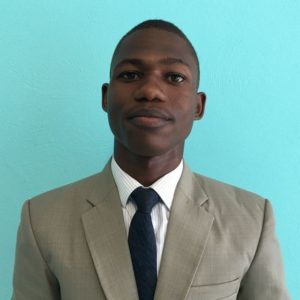
Listen to Diedyson’s reflections on what it’s been like these past few months in Haiti:
“Let me tell you about one morning when I realized how bad things really were. I left my house that morning very early. It was very dark. I took my bike outside and started pedaling down the road. It was quiet because the town wasn’t waking up yet.
“I realized how bad things really were.”
– Diedyson
I reached the bank in Jacmel at 5:00 in the morning. I knew I had to get there early because the bank had started to hand out numbers to people. That number told you your place in the queue.
There were always people waiting outside [the bank]. Sometimes the crowd got crazy or protestors would come and set up a block right in front of them on the street. This could make the bank manager close the doors for the day. Other days, the bank might not even open because they did not have gas or electricity or their workers could not come to work.
When I got there early that morning, I was very hopeful. There were already people outside the bank, but surely it couldn’t be that many. A man handed me my number, and I was so sad. I was number 78. I knew it would be many hours before I could get my money.”
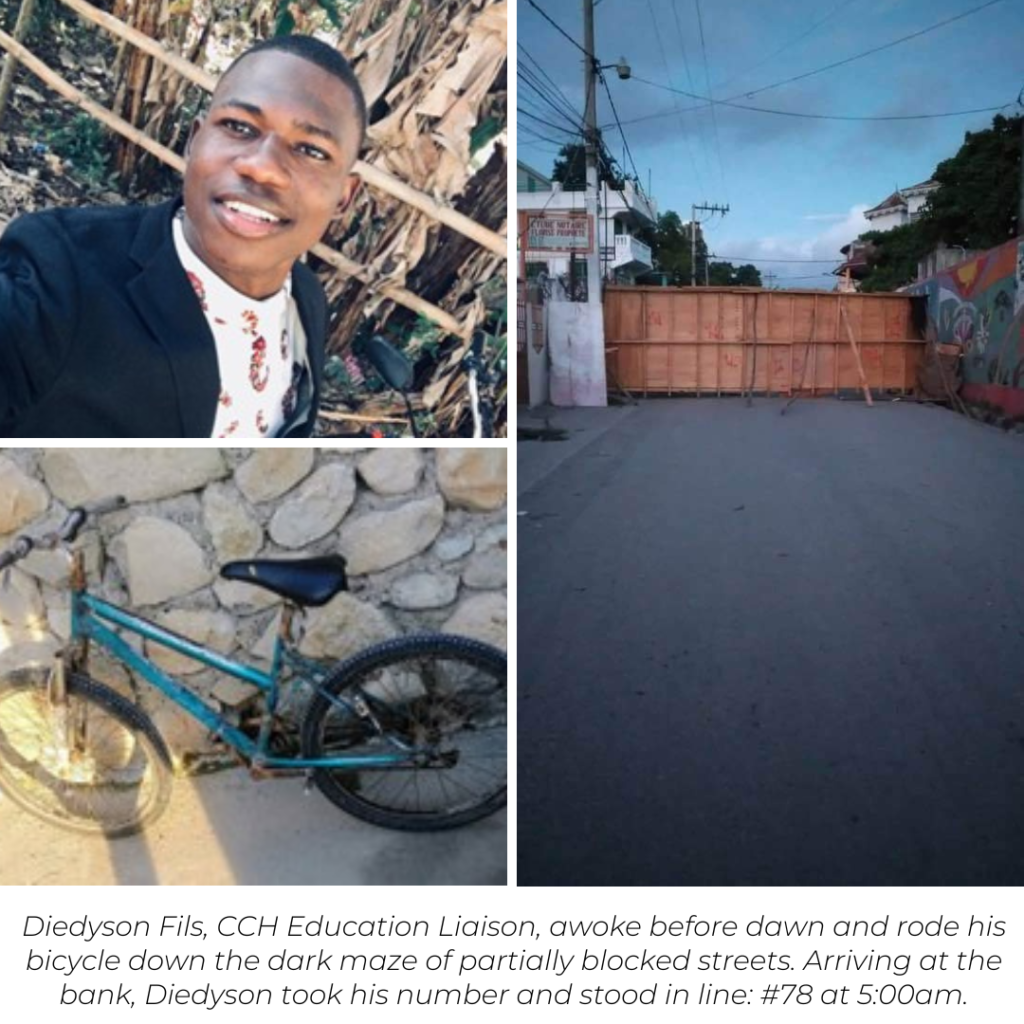
You read that right. He was number 78 in line. At 5:00AM.
We’ve been talking a lot about perseverance as a CCH staff. These men and women who lead our mission and ministry every day are walking through a time when some days, they have to scrape the bottom of the bucket to find that courage to persevere.
As you can see from Diedyson’s story above, basic everyday things aren’t working in Haiti right now. Banks are open sporadically and limiting how much cash they disburse at one time. Water purification companies have closed because they don’t have gas to run their generators and other machines. Food prices have skyrocketed because the transportation of goods around the country has been paralyzed by roadblocks or gangs – sometimes both. Gas is scarce; when it is available, it’s extremely expensive or watered down. Even though Haitian National Police regained control of the major fuel terminal in Port Au Prince a few weeks ago (it had been controlled by a notorious gang for nearly three months), gas has been slow to make it out to other parts of the country. Basic functions of society simply aren’t… functioning.
Schools have been closed since June 2022. Diedyson and his co-workers have developed School at Home Kits that provide lessons, books, games and mini projects to students who are desperate to return to their classrooms. The kits include messages that reassure kids that they have not been forgotten or abandoned.
The creativity and perseverance of CCH staff like Diedyson are what allows CCH to continue transforming lives with healthcare and education.
Lourdemie
Lourdemie Eugene is the CCH Clinic Coordinator. Here’s what she had to say about the challenges she faces now in Haiti.
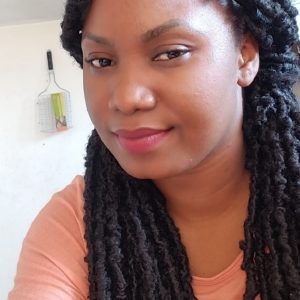
“We used to take the blue truck over the mountains from Jacmel to Port au Prince every few months to buy medicines for the CCH Clinic and other supplies. However, the last couple of years that has become very difficult. The road is not safe, we cannot cross Martissant because of all the gang violence. So we are left with hard choices for how to get the supplies that we need.
“Earlier this year I needed to buy medicines for the CCH clinic, but instead of driving I flew with Mission Aviation Fellowship (MAF – a nonprofit airline service based in Port au Prince). Because of the MAF flight schedule I could not go back and forth in the same day; I had to spend two nights in Port au Prince. To maximize the amount I could bring back on the plane, I went by myself. But Dave (CCH In-Country Director) and Dadine (CCH Business Manager) were texting me the whole time. They were so worried about me.
“Dave said, ‘Lourdemie you‘re so brave.’ And I thought, “Yes I am.”
– Lourdemie
“I did not feel scared. I had a mission. I believed everything would be okay for me. When I landed in Port au Prince I met up with Johnson, a driver that CCH has worked with for years. He drove me around Port au Prince to 5 or 6 different places where I could buy pharmaceuticals and medical supplies. It was hard for me to decide what to buy right then and what to wait and get later. When we drove the blue truck we could get as much as we wanted. It was easy to carry even big boxes. It’s different with MAF. I had to be careful to stay within the weight limit of the plane. I thought I had bought a lot of things; I was worried it was too much. But then when I weighed everything for the flight home I realized I could have bought more, and regretted that.“As soon as I landed back in Jacmel I called Dave, he was waiting for me. He and the other staff were so happy that I was back safely. They had been praying for me the whole time I was gone.

I remember Dave said, “Lourdemie you‘re so brave.” And I thought, “Yes I am.”
“Things are even worse now in Port au Prince than they were when I took that trip. I would think twice before going now. But I would do it again. I will need to fly back to Port au Prince and restock our supplies in the next month or two. I am waiting for schools to open so that I will buy things to restock our school clinics.“Working as the Clinic Coordinator at CCH, I feel blessed and honored to serve others. That is one of my missions as a Haitian to help other Haitians. I am glad I can put all of my strength and knowledge towards helping CCH transform lives.”
Dadine
Dadine Morenstil is the Business Manager for CCH in Haiti. She not only manages our finances and administrative operations but also contributes to overall strategic planning for CCH ministries. Read what she has to say about the current situation…
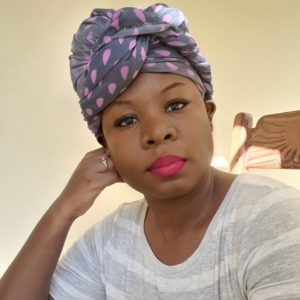
When you live in Haiti, there are certain things you get used to. I remember the first time I experienced a protest. It was 2004, and I was in school. The protests started in the streets, and every parent was in a hurry to get to their kids. My school was a foreign school – we had a different curriculum and program than the public government schools. Usually, we were left alone when things like this were going on in the streets. But that year, they came for us. They said: If we can’t go to school, no kids should go to school. My dad came to pick me up. When they let us out of the school, we had to walk as a group to stay safe. This was the first time I experienced that shock – being out there, with all that happening around me.
As for now? We’ve been in constant crisis for months. There are barricades across the roads almost every 10 meters. Vehicle traffic is impossible. I consider our CCH employees as champions for walking several miles every day to come to work. There is no other way. When we walk home, we don’t go our normal routes – we go around. But sometimes you don’t know what you’ll find. To pass the blockades, you are forced to clear a path on the side or in the middle while paying attention to shards of bottles. Sometimes you are threatened. The good days are when someone recognizes you and says to let you through.
“Thinking about my son, I cried. I feel vulnerable and helpless. What will I do when it becomes an emergency for us? “
– Dadine
The current crisis paralyzes all economic activity (trade, financial institutions, supermarkets, etc.). There is no fuel; we don’t even talk about that anymore. It is now normal for everyone to worry about stocking up on food and water. Water treatment plants have closed. So have hospitals.
This time is different for me though. This time, I am experiencing the crisis as a parent, which affects my emotions differently. I’m beyond stressed and worried. I’m even scared.
I follow the news on the net, and I recently came across a call for help. It was a woman – a mother – asking for help to find drinking water for her and her baby because she could not restock. This post gave me chills. People said in the comments to boil water, but they forget that having tap water is a luxury. Most people build reservoirs and buy water from tankers that draw from springs. With these roads barricaded, trucks can no longer access the springs; the water plants are closed.
Thinking about my son, I cried. I feel vulnerable and helpless. What will I do when it becomes an emergency for us? How will I restock?
There are worries you don’t have when you’re single. When you have a child, their needs come first. I feel responsible for what my child is going through. He can’t understand why he can’t go to school; why we have no power; why he no longer has the choice to eat what he wants. As a parent, that hurts.
As an adult, I can skip a meal, but can a child do that?
People are protesting in the streets because the current situation is impossible. Even if I approve of the reasons and actions of the protestors, I don’t go to the protests because I know when a group takes to the streets – even if the reason behind it is justified – there are others who come and do bad actions that make the police react. In Haiti, I try to stay out of situations that I know could get bad. We don’t have good healthcare; what if something happened to me? I might support them in other ways, but I am not going to go in the street.
I sent my son to my mom’s house for a while. She lives in Marigot. It’s quiet there, not like where I live in Jacmel on a busy street. I thought he would be safer there. But now he’s back with me; he’s young and didn’t understand. He missed me too much. I missed him too. It is such a hard and complicated time in Haiti. I am glad we are together.
When you support CCH, you support staff like Nazaire, Diedyson, Lourdemie, Dadine, and the many other Haitians that make our ministry happen in Haiti every day. We talk so much about our healthcare, education and community development impacts, and we’re incredibly proud of what you help us accomplish. We are reminded repeatedly that without these fantastic people, none of that would be possible.


